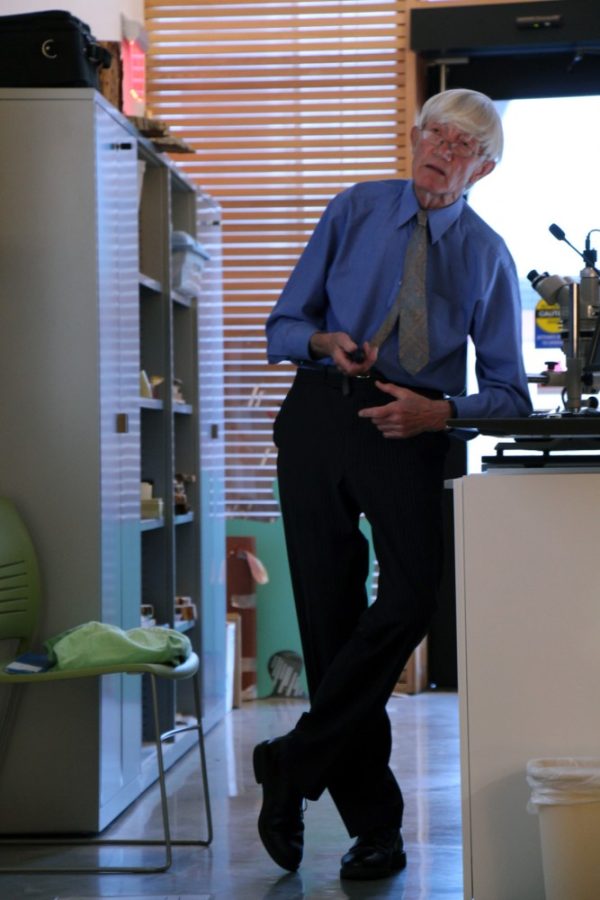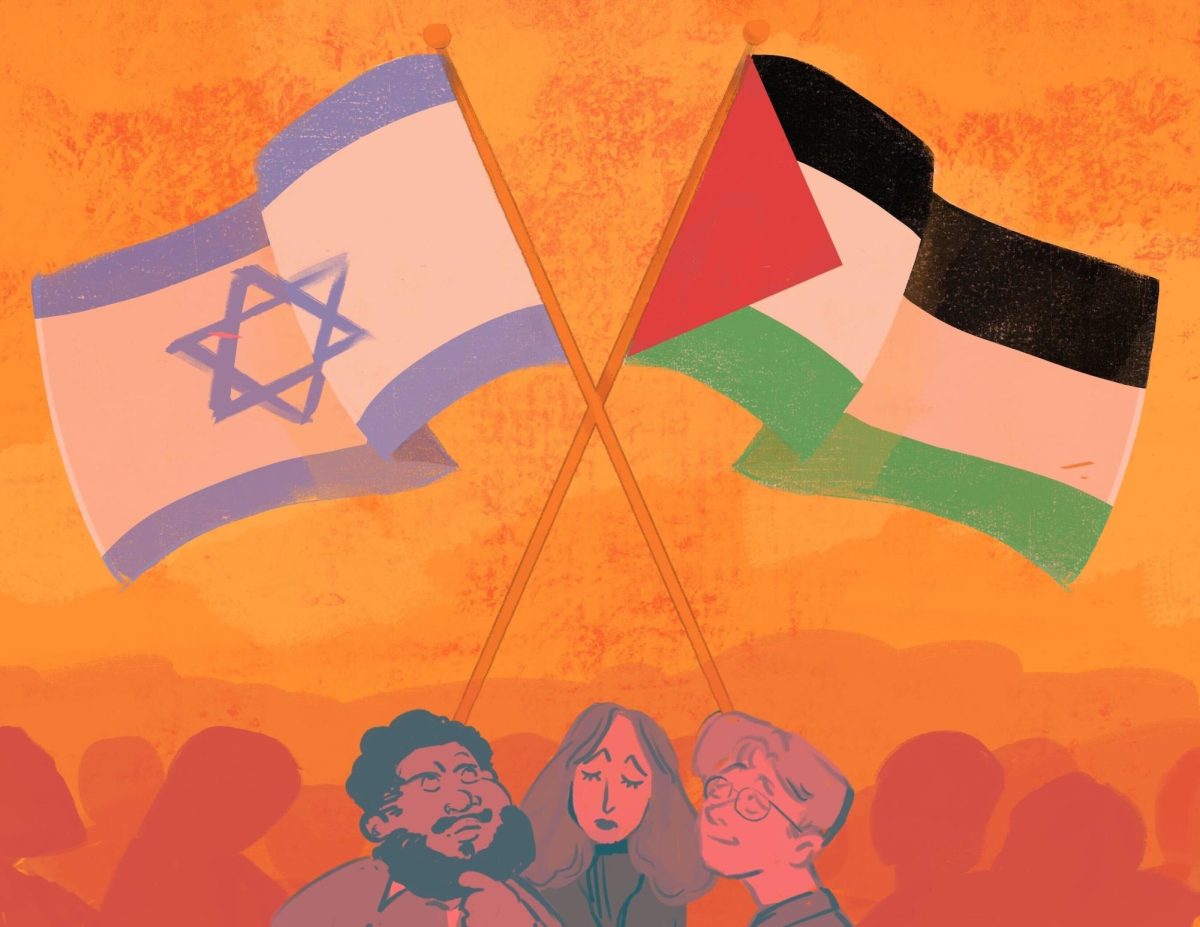In the 1980s, Indiana Jones changed the public perception of archaeologists everywhere. But the realities of archaeology — the long hours and exhausting work, the politics and payroll — have more than their fair share of people turning away from the field.
“You know you’re not going to make much money,” said Penny Mazer, vice president for the Arizona Chapter of the American Research Center in Egypt. “You know you’re probably going to end up as an academic, but it’s worth it. If you really love it, then it’s worth it.”
The UA Egyptian Expedition gives professionals from the UA the chance to be one of those people. The UAEE has had an ongoing dig in Egypt every year since 1988, said Pearce Creasman, the director of the UAEE and president of the Arizona Chapter for the ARCE.
“When you think of Egypt, you think of the sexy stuff, the gold, the mummies, the sphinxes,” Creasman said, “but it’s so much more than that.”
It’s about hard work, and pursuing something you love with dedication, Creasman added.
For students of the UA, the UAEE is a way to make that passion a reality. Its current project is the excavation of the Theban temple of Tausret, the 19th dynasty queen who went against tradition and ruled as king in 1190 B.C.E.
ARCE-AZ intends to get the word out on projects such as these and important and interesting research in Egyptology.
This includes bringing in speakers such as Geoffrey T. Martin from the University College of London, who spoke Tuesday about the re-excavation of the tomb of King Horemheb, one of the largest of its kind in the Valley of the Kings.
“He’s one of the most prominent Egyptologists around,”Creasman said. “Anybody who’s studied Egyptology has read one of his books.”
Martin spoke on the changes that the re-excavation caused to the timeline of Egyptian rulers. New findings showed that Horemheb ruled for a much shorter period of time than previously thought, creating a gap in which it is unknown who controlled the vast kingdom.
“There was so much left to learn from this dig,” Martin said. “So much was left behind after the first rushed excavation.”
The talk brought in about 50 people, from undergraduate students told to come by their instructors to Egypt enthusiasts and graduate students looking forward to their own fieldwork.
ARCE-AZ has one more event planned for this year: On Nov. 7 at 5:30 p.m., Sarah Parcak will speak about aerial mapping of Egypt through the use of satellite imaging.
The organization’s goal is to bring in speakers that the public is interested in hearing from to generate interest in the community about the science of Egyptology and the work that is being done around the world.









